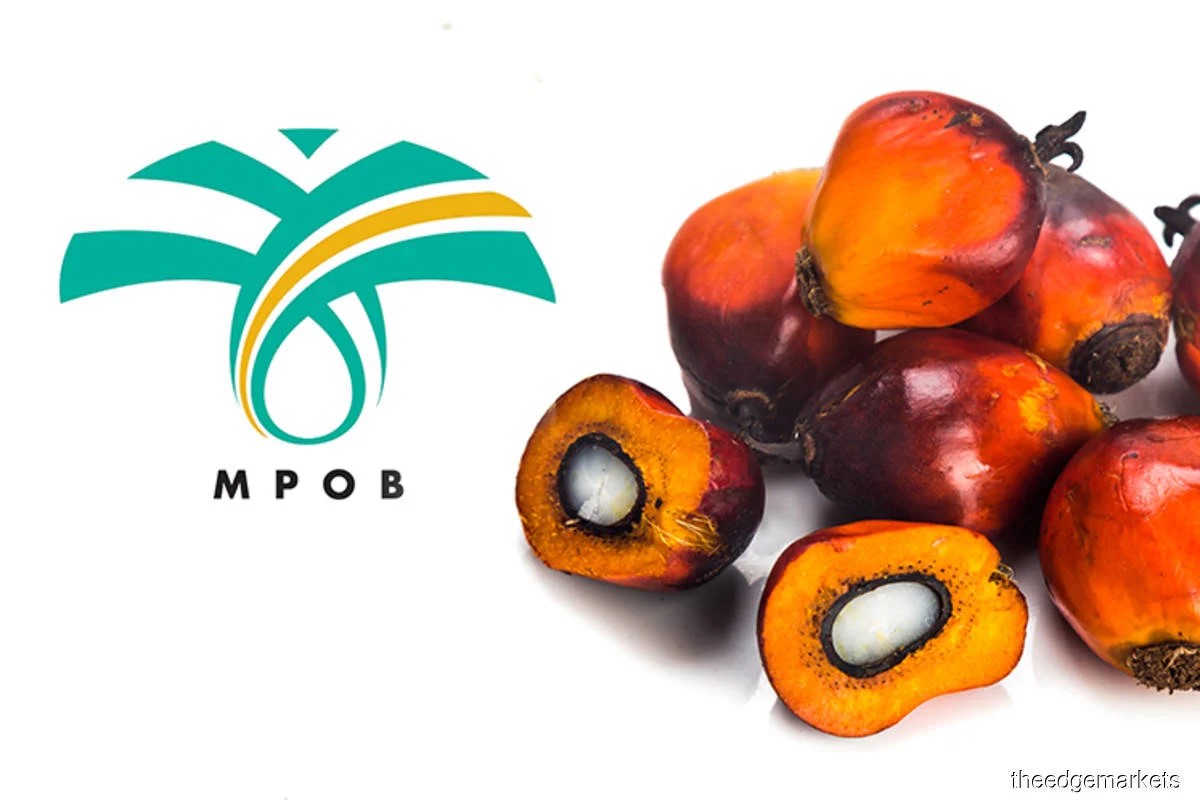Malaysia practises zero-burning techniques, says MPOB

Malaysia, the world’s second largest producer of palm oil, has been practising zero-burning techniques, with a ban on open burning since 1998, according to the Malaysian Palm Oil Board (MPOB).
据马来西亚棕榈油委员会 (MPOB) 称,马来西亚是世界第二大棕榈油生产国,自 1998 年以来一直在实行零燃烧技术,禁止露天燃烧。
In a statement on 17th November, MPOB director general Datuk Dr Ahmad Parveez Ghulam Kadir said the zero-burning policy is stipulated under the Good Agricultural Practices (GAP) and the Malaysian Sustainable Palm Oil (MSPO) Certification Scheme.
在11 月 17 日的一份声明中,MPOB 总干事拿督 Ahmad Parveez Ghulam Kadir 博士说,零燃烧政策是根据良好农业规范(GAP)和马来西亚可持续棕榈油(MSPO)认证计划规定的。
“Malaysia has long been associated with clearing of tropical rainforests and burning of peatlands and causing air pollution.
“长期以来,马来西亚一直与砍伐热带雨林和焚烧泥炭地以及造成空气污染有关。
“Burning down of tropical forest is prohibited and against the law of Malaysia,” he said.
“禁止焚烧热带森林,这违反了马来西亚的法律,”他说。
Ahmad Parveez said Malaysia recognises the increasing extent and frequency of peatland fires which are associated to haze.
Ahmad Parveez说,马来西亚认识到与雾霾有关的泥炭地火灾的范围和频率不断增加。
He explained that the Department of Environment (DOE) has activated the National Open Burning Action Plan and the National Haze Action Plan to coordinate measures by the government agencies in addressing open burning and haze problem in the country.
他解释说,环境部 (DOE) 已经启动了国家露天焚烧行动计划和国家雾霾行动计划,以协调政府机构采取措施解决该国的露天焚烧和雾霾问题。
He said the regulation of high-water table of between 40cm and 60cm is one of the key elements in the MSPO Certification Scheme and Roundtable on Sustainable Palm Oil (RSPO) to control wildfires.
他说,将高地下水位控制在 40 厘米至 60 厘米之间是 MSPO 认证计划和可持续棕榈油圆桌会议(RSPO)控制野火的关键要素之一。
“Proper management is implemented to reduce the impact of oil palm planted in peat areas in Malaysia.
“实施了适当的管理,以减少在马来西亚泥炭地区种植油棕的影响。
“Water table regulation is critical and is being implemented in peatland areas planted with oil palm trees,” he said.
“地下水位监管至关重要,并且正在种植油棕树的泥炭地地区实施,”他说。
Ahmad Parveez said Malaysia has adopted several key policies which include prohibiting the new planting of oil palm in peatland areas and strengthening regulations concerning existing oil palm cultivation on peatlands.
Ahmad Parveez 说,马来西亚已采取了几项关键政策,包括禁止在泥炭地地区种植新的油棕,以及加强对泥炭地现有油棕种植的监管。
He said the policies also see the capping of the total of oil palm cultivated area to 6.5 million hectares to ensure sustainable oil palm cultivation.
他说,这些政策还将油棕种植总面积限制在 650 万公顷,以确保可持续的油棕种植。
Ahmad Parveez said there are many drivers of deforestation and studies revealed that oil palm is not the major cause of deforestation.
Ahmad Parveez说,毁林的驱动因素有很多,研究表明油棕并不是毁林的主要原因。
He said this was further confirmed by reports from the Union of Concerned Scientists which stated that livestock, soya and wood products cause higher amount of forest loss compared to oil palm.
他说,忧思科学家联盟的报告进一步证实了这一点,该报告指出,与油棕相比,牲畜、大豆和木制品造成的森林损失更多。
“Oil palm causes the lowest amount of forest loss.
“油棕造成的森林损失最少。
“Therefore, it is unfair to say that the oil palm industry is the only single significant contributor to the environmental issues and global warming as there are many other economic activities that are responsible and contribute to the environmental and global warming issues,” he said.
“因此,说油棕业是环境问题和全球变暖的唯一重要贡献者是不公平的,因为还有许多其他经济活动对环境和全球变暖问题负有责任,”他说。
Ahmad Parveez said that in fact, Malaysia’s deforestation rate has decreased.
Ahmad Parveez说,事实上,大马的森林砍伐率已经下降。
He said according to reports, for the 1991 to 2000 period, the deforestation rate was at 0.27% and decreased to 0.09% for the 2001 to 2010 period. From 2010 to 2015, forested area has increased by 2% to 18.25 million hectares.
他说,据报道,1991年至2000年期间,森林砍伐率为0.27%,2001年至2010年期间下降至0.09%。从2010年到2015年,森林面积增加了2%,达到1825万公顷。
“Forest loss started shrinking in 2016, attributed to the implementation of the MSPO which was made mandatory beginning 1st January, 2020,” he said.
“森林损失在 2016 年开始减少,这归因于从 2020 年 1 月 1 日开始强制实施的 MSPO,”他说。
